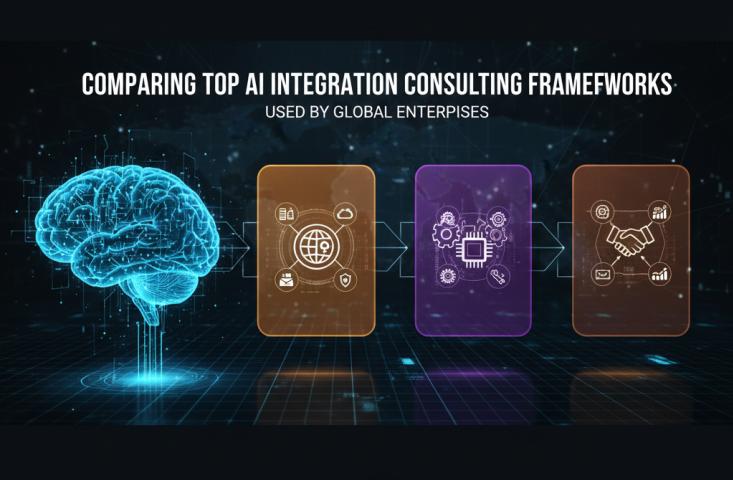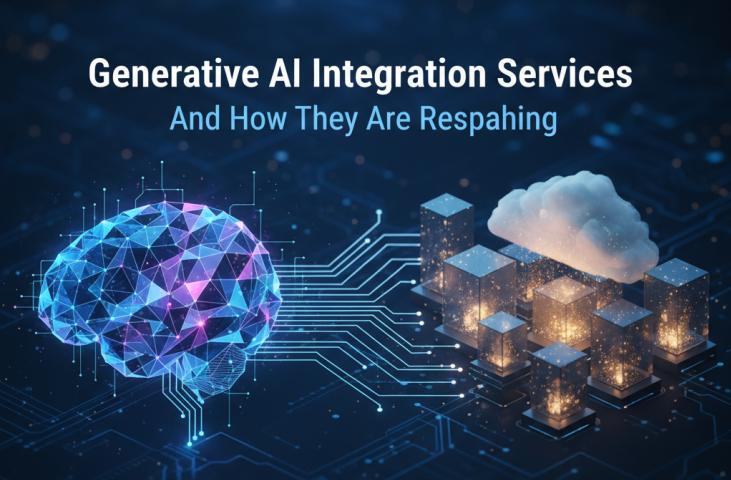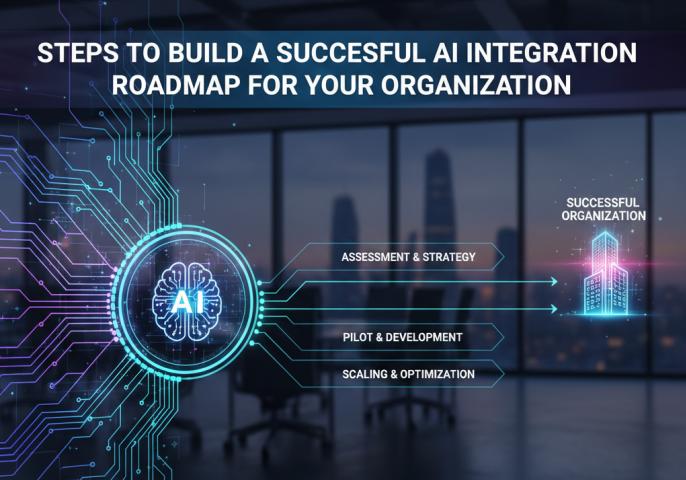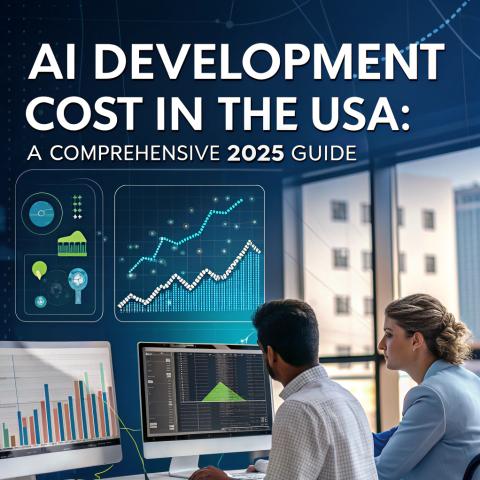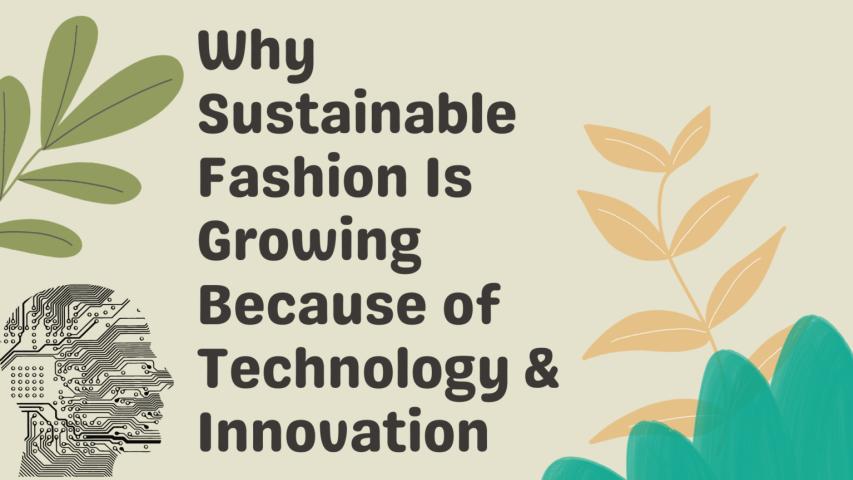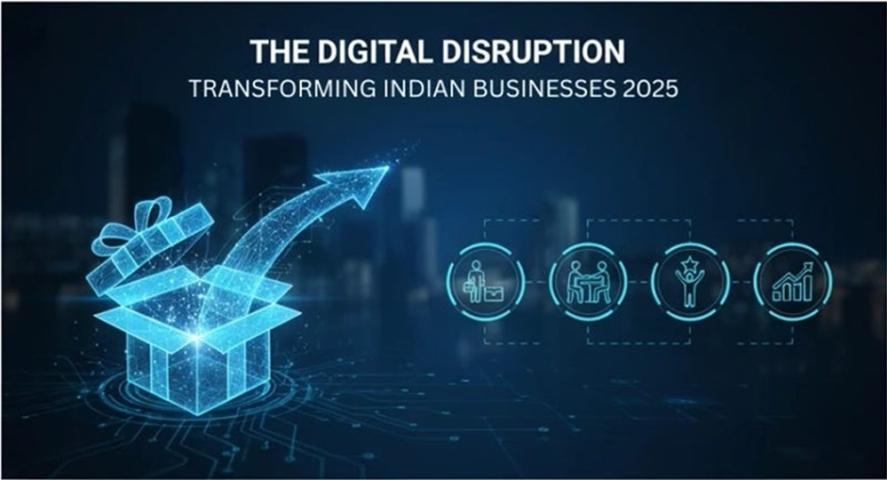In 2025, businesses are increasingly adopting sustainable AI marketing practices, blending technological efficiency with environmental and social responsibility. This approach not only enhances operational performance but also fosters genuine connections with consumers.
Understanding Sustainable AI Marketing
Sustainable AI marketing involves leveraging artificial intelligence to optimize marketing strategies while minimizing environmental impact and promoting ethical standards. It's akin to gardening—nurturing growth thoughtfully to ensure long-term benefits for both the business and the planet.
Key Principles:
- Environmental Stewardship: Utilizing AI to reduce energy consumption and waste. For instance, AI can streamline supply chains to decrease carbon footprints.
- Authenticity and Transparency: Employing AI to deliver personalized content that resonates with consumers, building trust through genuine engagement.
- Long-Term Commitment: Integrating AI in ways that support sustainable practices, ensuring that marketing efforts contribute positively to society and the environment over time.
The Role of AI in Enhancing Marketing Practices
Artificial Intelligence serves as a powerful tool in modern marketing, offering capabilities that align with sustainable objectives:
- Personalization: AI analyzes consumer data to tailor marketing messages, enhancing relevance and engagement. This precision reduces the need for broad, resource-intensive campaigns.
- Efficiency: AI automates routine tasks, optimizing processes and reducing operational waste. This leads to more sustainable resource utilization.
- Data-Driven Decisions: By interpreting vast amounts of data, AI aids in making informed decisions that align with both business goals and sustainability targets.
Balancing Technology with Ethical Practices
While AI offers numerous benefits, it's crucial to balance technological advancement with ethical considerations:
- Data Privacy: Ensuring that AI systems handle consumer data responsibly, maintaining trust and compliance with privacy regulations.
- Transparency: Being open about how AI is used in marketing builds consumer trust and supports ethical standards.
- Continuous Evaluation: Regularly assessing AI systems to prevent biases and ensure they contribute positively to marketing objectives without unintended consequences.
Conclusion
Sustainable AI marketing represents a harmonious blend of technological innovation and ethical responsibility. By embracing AI thoughtfully, businesses can enhance efficiency, foster authentic consumer relationships, and contribute to a more sustainable future. This approach not only drives business success but also supports broader environmental and social goals.


